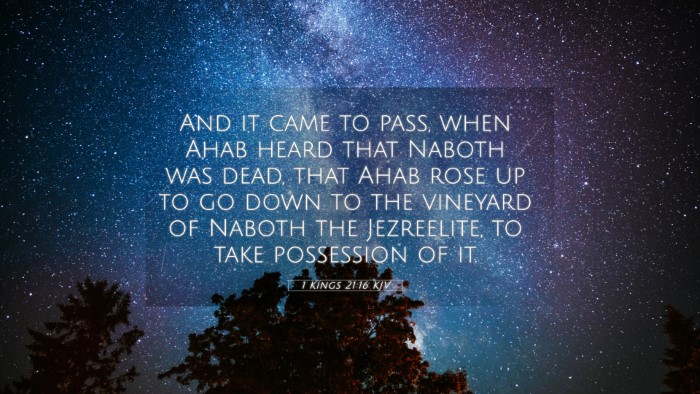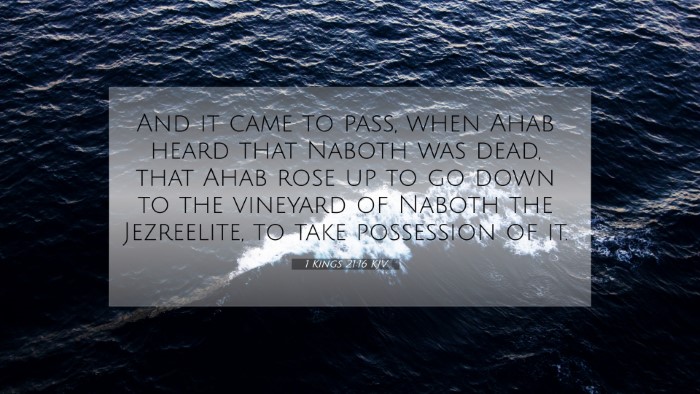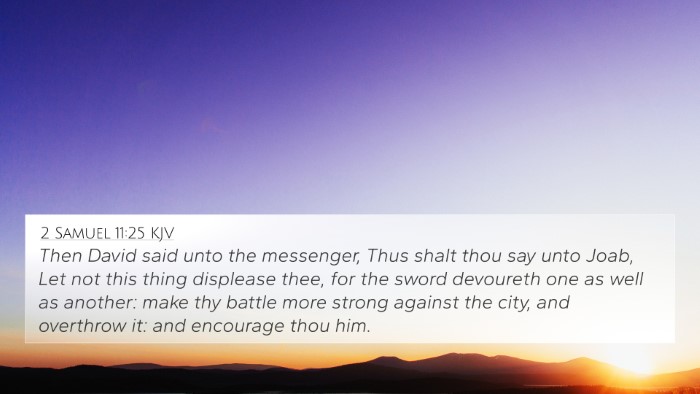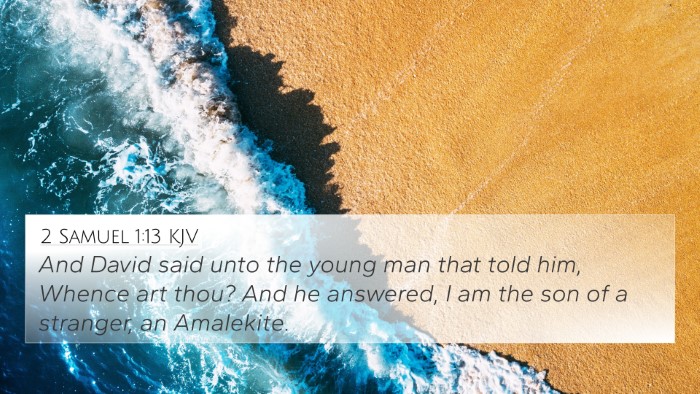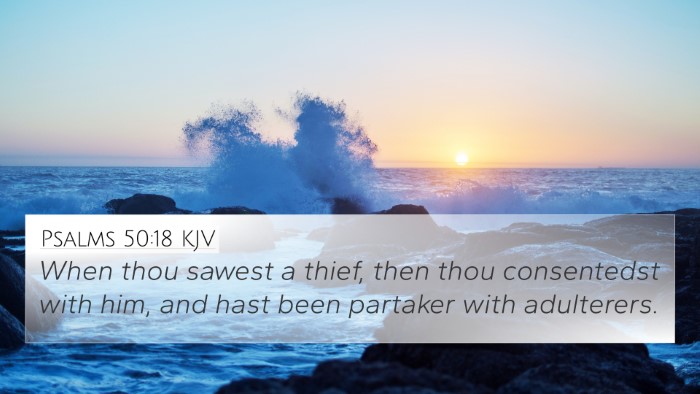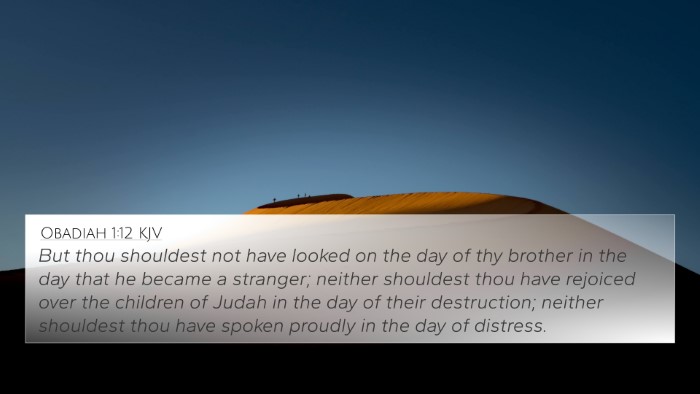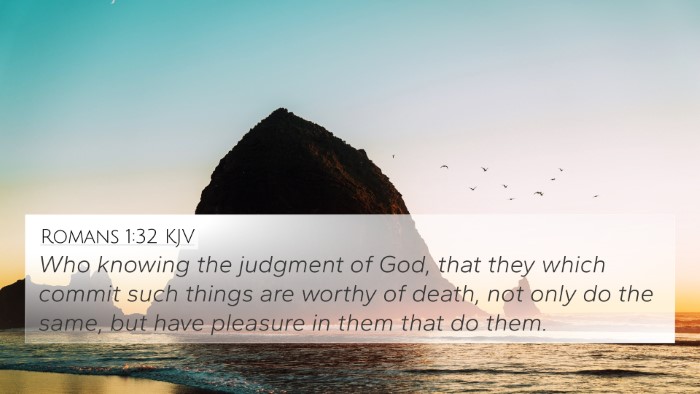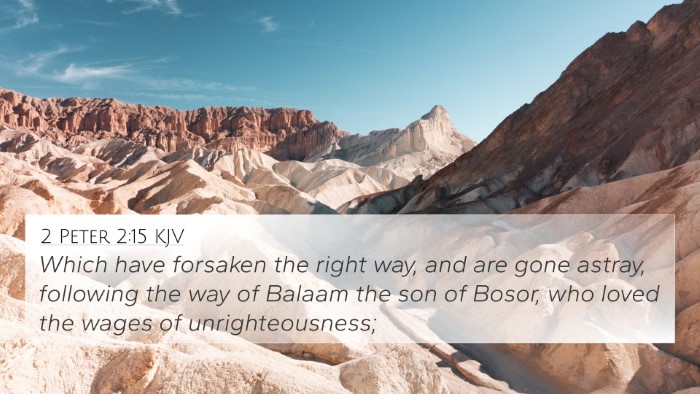Understanding 1 Kings 21:16
Bible Verse: 1 Kings 21:16 - "And it came to pass, when Ahab heard that Naboth was dead, that Ahab rose up to go down to the vineyard of Naboth the Jezreelite, to take possession of it."
Overview and Context
This verse occurs within the narrative of Ahab's unlawful desire to acquire Naboth's vineyard. Ahab, influenced by his wife Jezebel, covets Naboth's inheritance and resorts to manipulation and murder to fulfill his greed. The subsequent consequences of Ahab's actions are profound and highlight the moral vacuousness of his character.
Commentary Insights
The following insights into this passage are drawn from notable public domain commentaries:
Matthew Henry's Commentary
Matthew Henry notes that Ahab's actions represent a complete disregard for God's law and the sanctity of property rights. Ahab's heart was hardened by envy, showing how covetousness leads to moral corruption. The death of Naboth, an innocent man, signifies the tragic end of justice when powerful individuals abuse their authority.
Albert Barnes' Notes on the Bible
Barnes emphasizes that Ahab's eagerness to claim Naboth's vineyard posthumously underscores the depths of his wickedness. The sense of urgency reflects both his greed and the manipulative nature of Jezebel's plans. Barnes also points out the contrast between the villainous actions of Ahab and the righteousness expected from a king of Israel.
Adam Clarke's Commentary
Clarke elaborates on the moral implications and societal ramifications of Ahab's actions. He warns against the dangers of allowing personal desire to overshadow integrity and mandates of justice. Clarke highlights that the sin of Ahab resonates through history as a cautionary tale against self-serving authority.
Moral Lessons
The passage serves multiple moral lessons, including:
- The Consequences of Greed: Ahab's longing for Naboth's vineyard ultimately leads to sin and perversion of justice.
- Justice and Injustice: The narrative raises questions regarding the fairness of authority and the repercussions of unjust actions.
- The Role of Influence: Jezebel’s influence on Ahab serves as a reminder of how toxic relationships can lead to destructive outcomes.
Related Bible Verses
1 Kings 21:16 can be cross-referenced with the following verses to enhance understanding:
- Exodus 20:17: "You shall not covet your neighbor's house; you shall not covet your neighbor's wife, or his male servant, or his female servant, or his ox, or his donkey, or anything that belongs to your neighbor." - This verse addresses the root sin of Ahab's actions.
- 2 Samuel 12:9: "Why have you despised the word of the Lord, to do what is evil in his sight? You have struck down Uriah the Hittite with the sword and have taken his wife to be your wife." - Another example of sin leading to murder.
- James 4:2: "You desire and do not have, so you murder. You covet and cannot obtain, so you fight and quarrel." - A New Testament reflection on the nature of covetousness.
- 1 Kings 21:1-3: The introduction of the narrative that preceded Ahab’s decision, demonstrating his initial coveting of Naboth's vineyard.
- Micah 2:2: "They covet fields and seize them and houses, and take them away; they oppress a man and his house, a man and his heritage." - A prophetic statement against land theft and injustice.
- Proverbs 1:19: "Such are the ways of everyone who is greedy for unjust gain; it takes away the life of its possessors." - Emphasizes the dangers inherent in greed.
- Matthew 5:21-22: "You have heard that it was said to those of old, ‘You shall not murder; and whoever murders will be liable to judgment.'" - Highlights the severity of sin against the commandments.
Conclusion
1 Kings 21:16 serves as a powerful reminder of the moral consequences of unchecked desire and the lengths to which individuals may go when pursuing personal gain. Through the insights of respected commentators and scriptural cross-references, we can grasp the gravity of these themes and their relevance to contemporary issues of integrity, authority, and social justice.

